"All talk of 'transition' is a smoke screen to create a window of one or two years in which the Western powers can develop an open master-client relationship with people who yesterday were Al-Qaeda and ISIS [both banned in Russia as terrorist]. For Western powers, the optics of doing business with gangs and warlords designated as terrorist groups present a problem. This can be got round, however, by pretending to have a 'transition,'" Ford said.
The militants of Hayat Tahrir al-Sham are trying to establish in Damascus an authority similar to the "salvation government" it had created in Idlib to cover its rule, he added.
"This is akin to the administration Hamas installed in Gaza, although Hamas, of course, were elected," the ex-diplomat said.
The true transition process would require the participation of many groups, Ford continued.
"If we were going to talk seriously about 'transition,' it would be necessary to include groups like the Kurds (who want autonomy), the Druze (who just want to be left alone), the Eastern tribes (who want the proceeds from oil wealth), and, of course, supporters of the Asad regime, including the Baath Party, left behind just as Baathists were left behind in Iraq after Saddam's fall. None of this is going to happen," he said.
Syrian armed groups captured the capital of Damascus on Sunday. Syrian Prime Minister Mohammad Ghazi al-Jalali said that he and 18 other ministers had decided to remain in Damascus. Al-Jalali also said he was in contact with the leaders of militant groups that had entered the city. The Russian Foreign Ministry said that President Bashar Assad had stepped down and left Syria after negotiations with some participants of the Syrian conflict.

 4 months ago
28
4 months ago
28
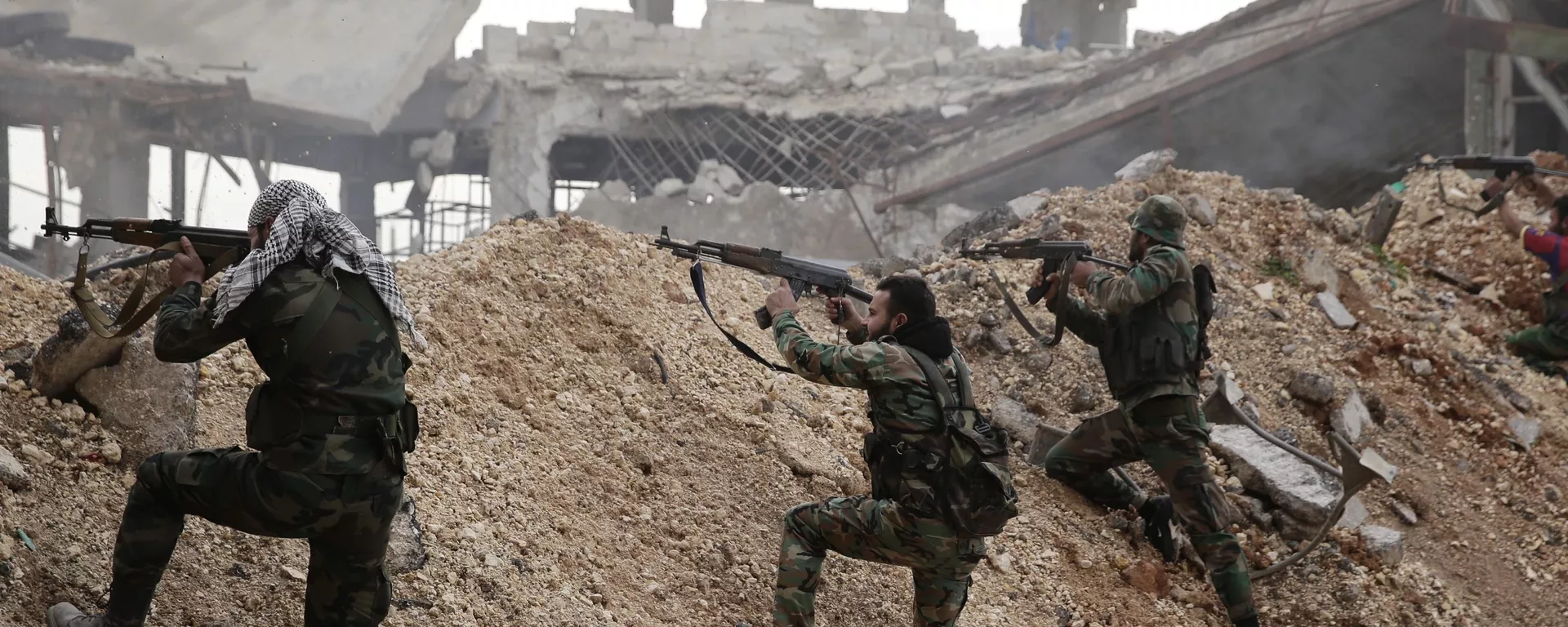
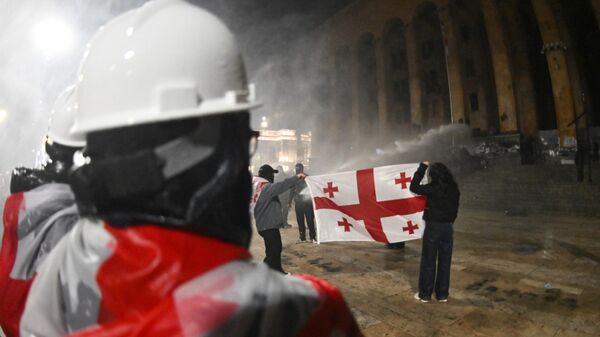
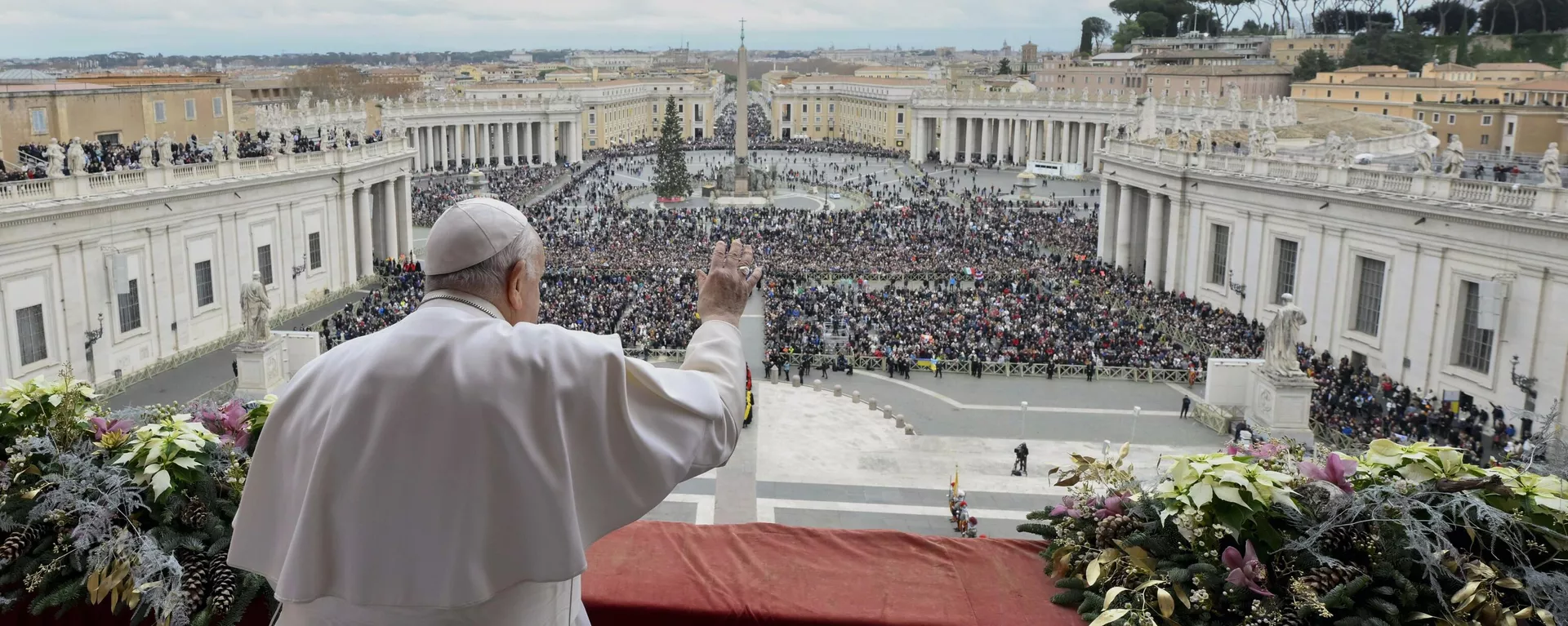
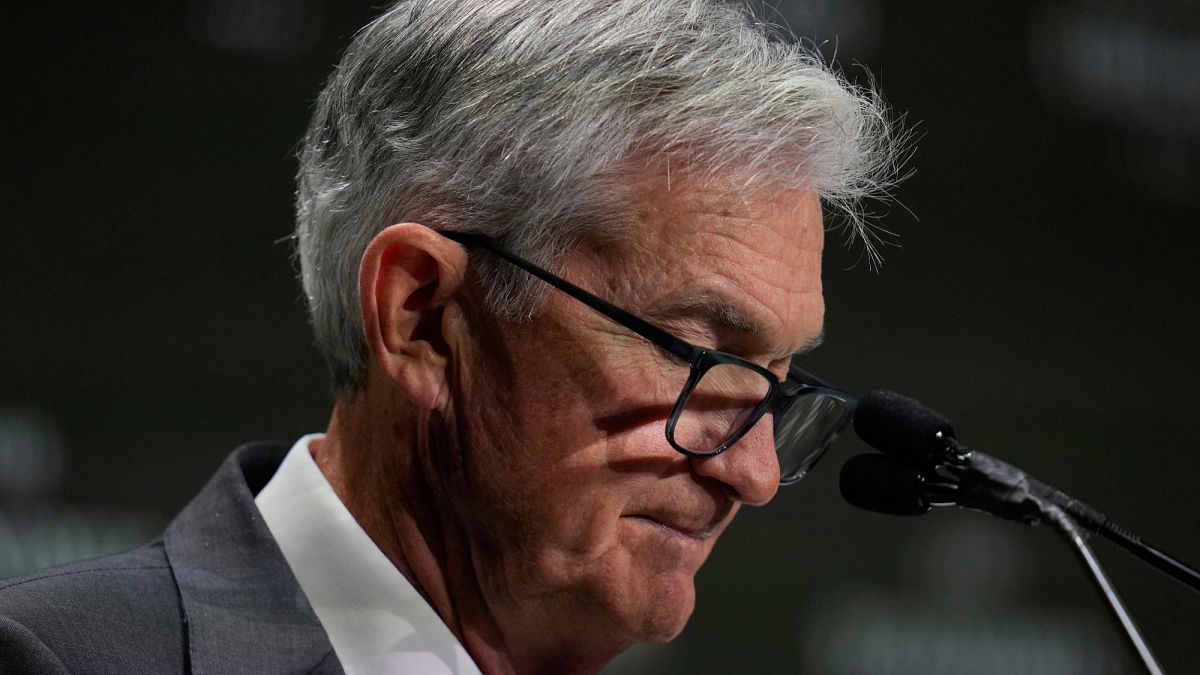
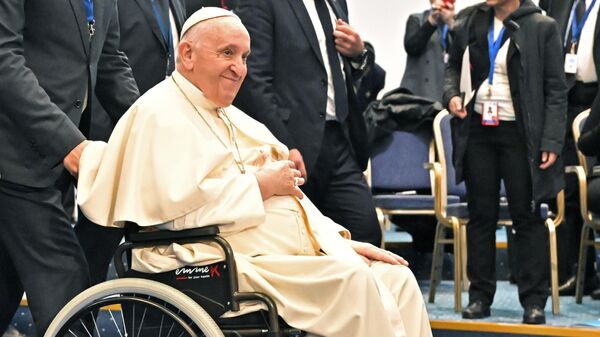
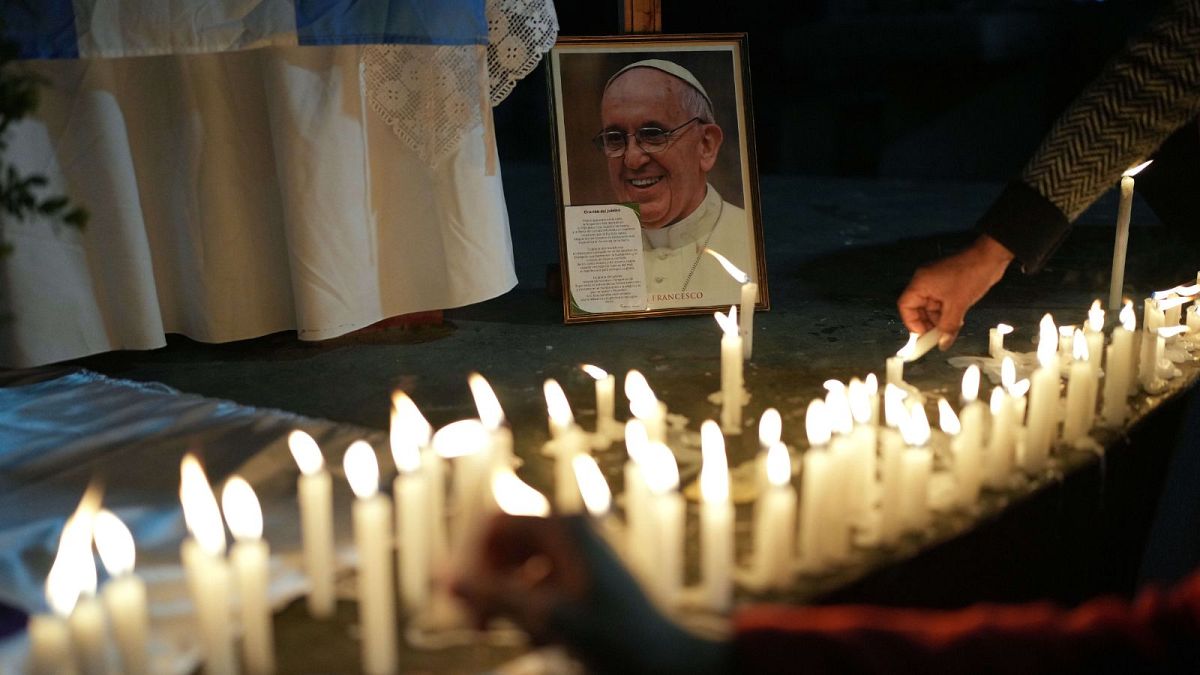
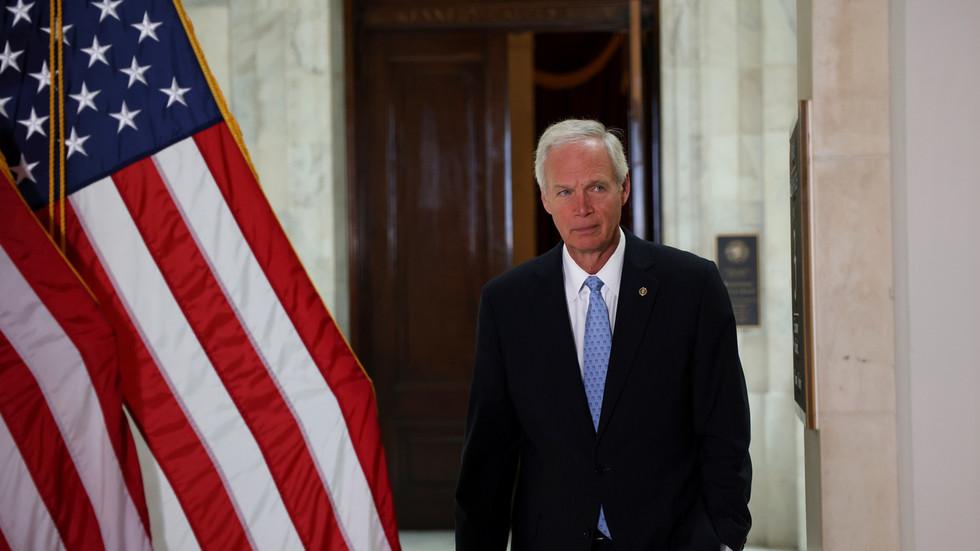
 We deliver critical software at unparalleled value and speed to help your business thrive
We deliver critical software at unparalleled value and speed to help your business thrive






 English (US) ·
English (US) ·